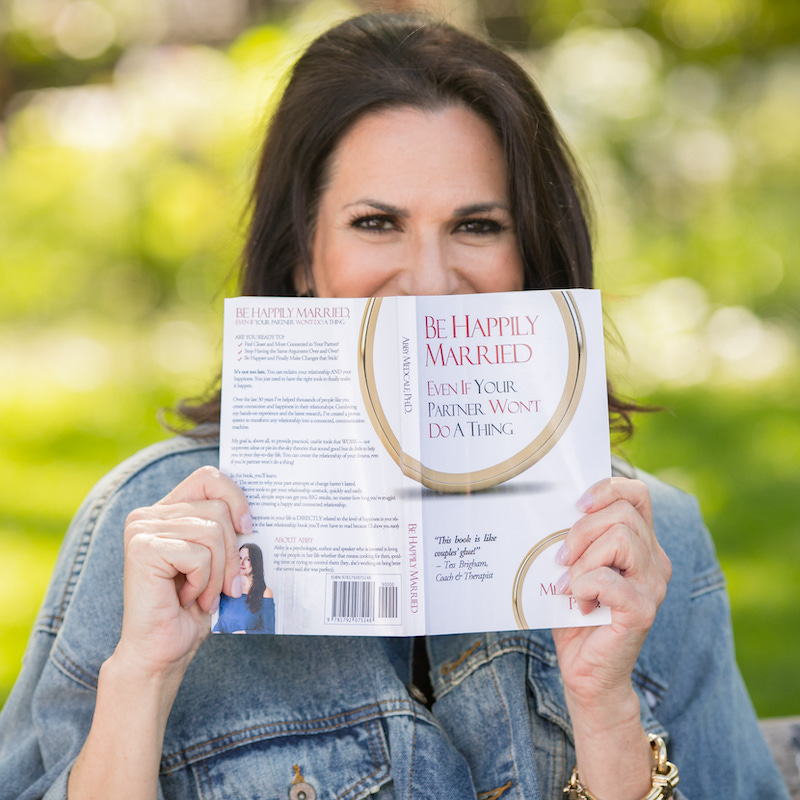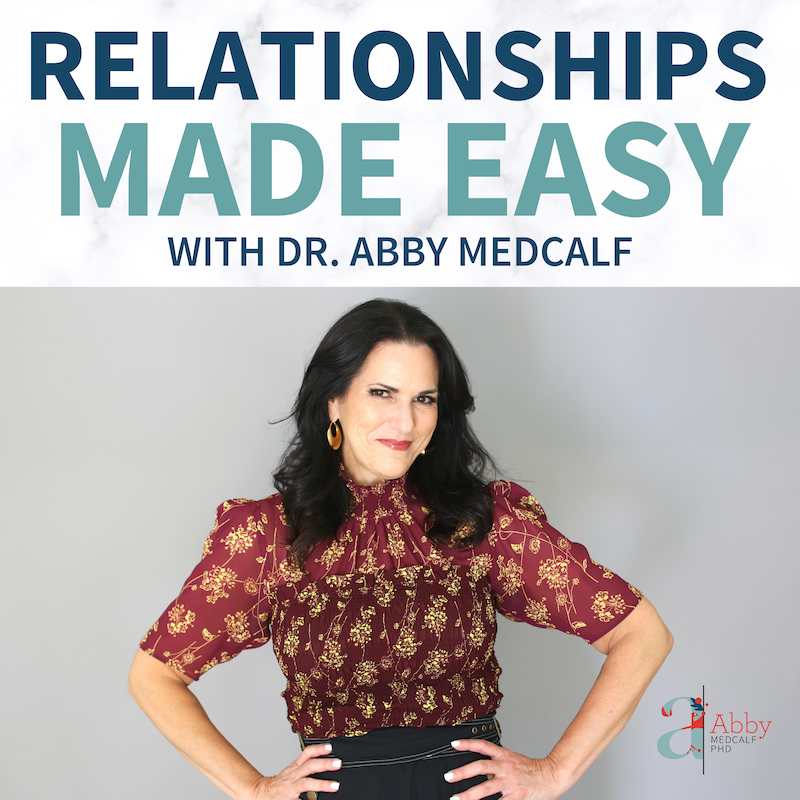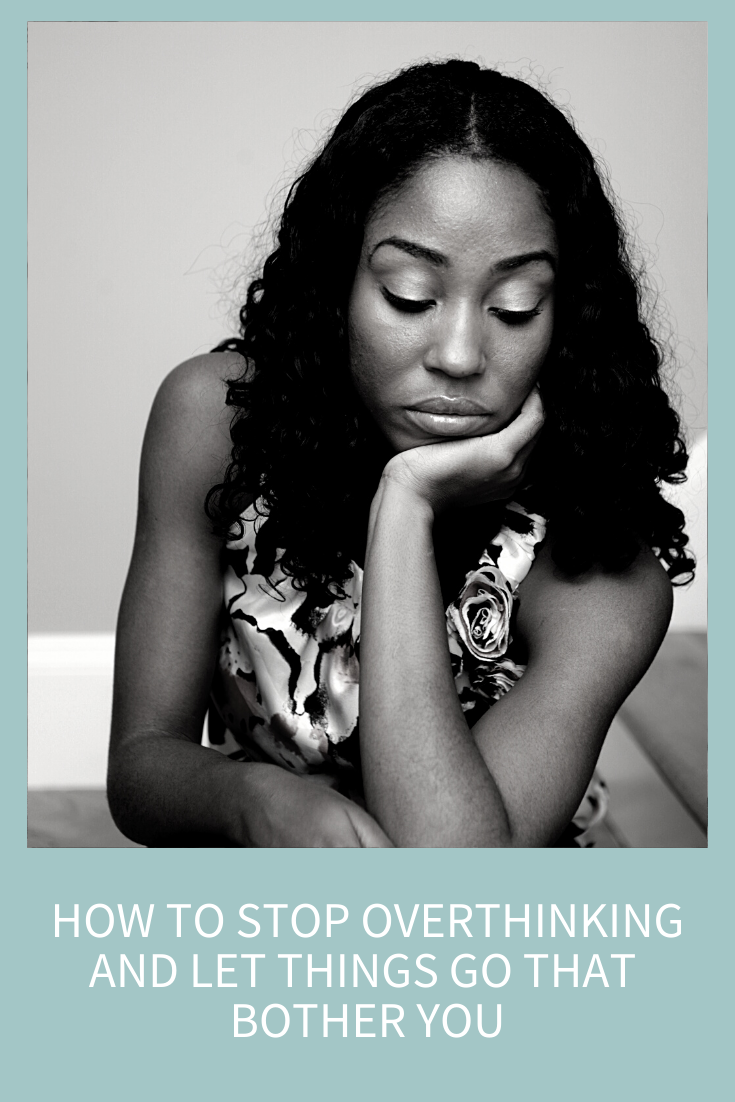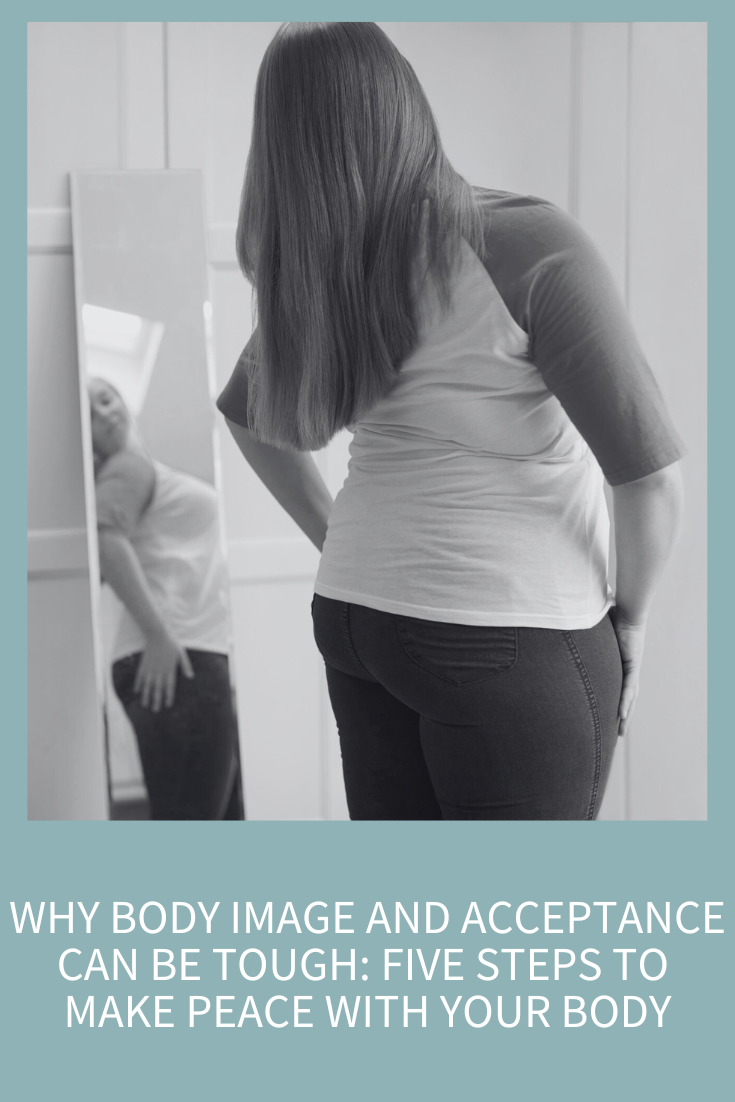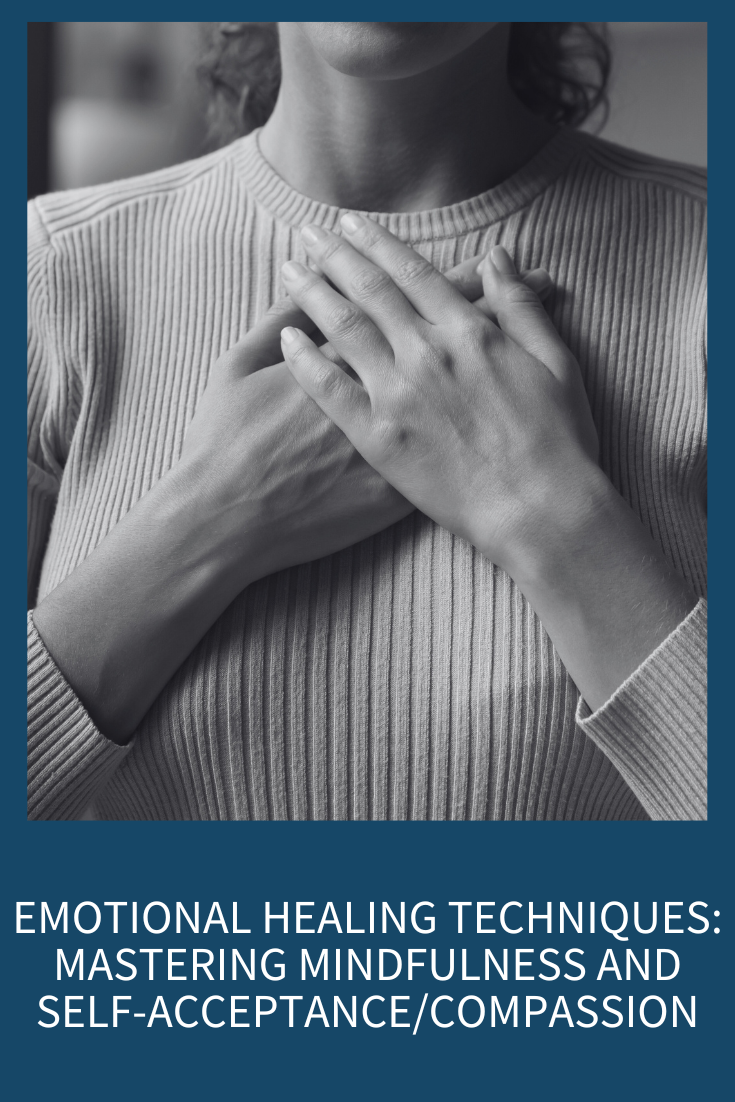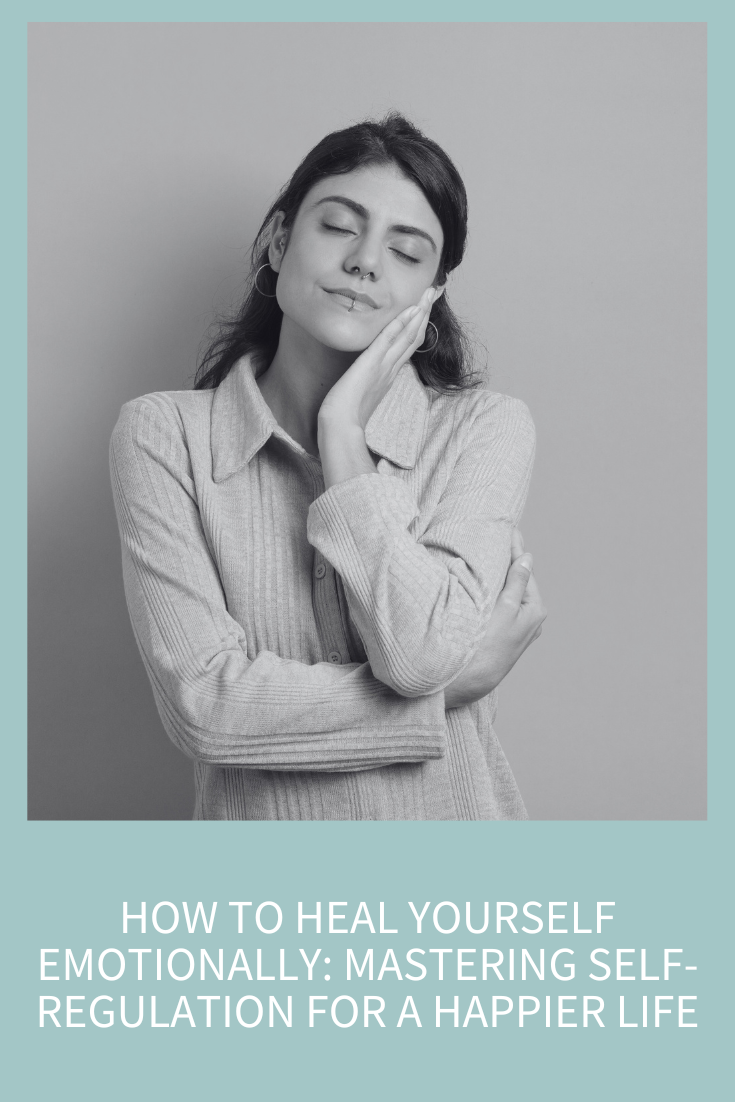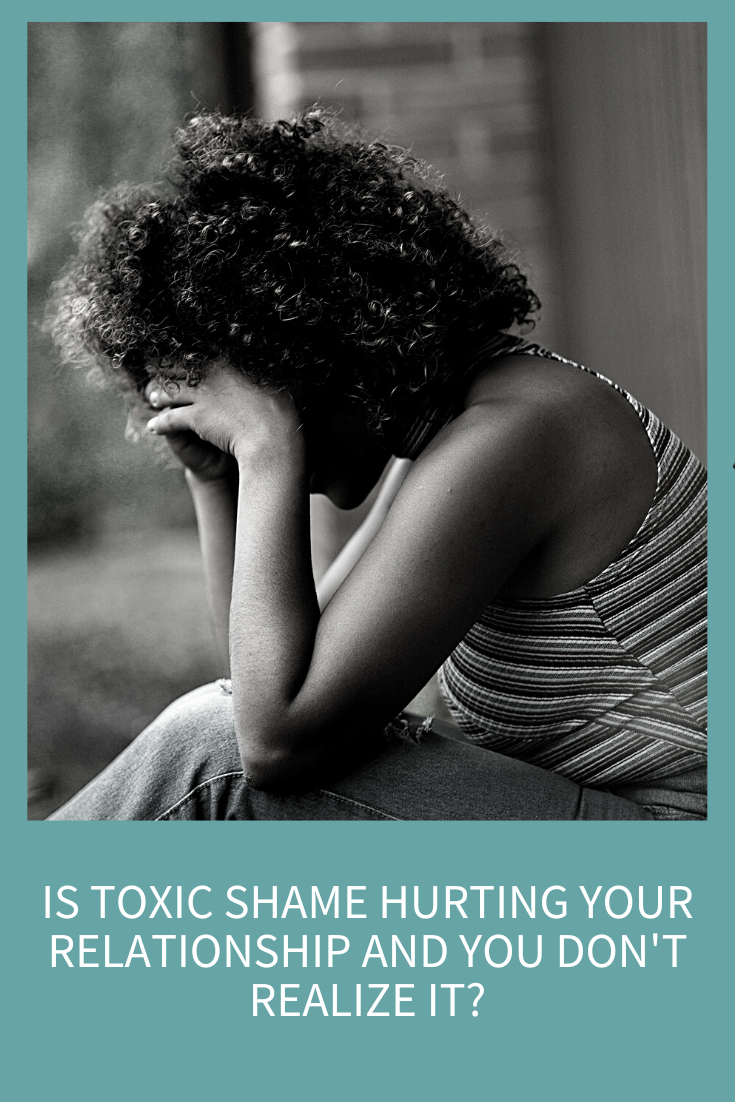
Shame doesn’t discriminate. It doesn’t matter if you’re fat or thin, rich or poor, tall or short: shame is an equal opportunity emotion and it’s amazingly destructive. Research has linked it to violence, addiction, depression, sleep problems, eating disorders, bullying and anxiety. But what’s the difference between guilt and shame? And then what the heck is toxic shame? Today I’m answering all your questions and coming at you with my top tips for recovering from toxic shame.
10-minute read
What Exactly is Shame Anyway?
The word shame is derived from a bunch of European words that literally mean “to cover, to veil, to hide.” That precise meaning matches right up with the ways we act when we’re ashamed: we can avoid eye contact, isolate, feel exposed, fight, blame and feel self-conscious. We have an overwhelming sense, even if we don’t realize it consciously, of self-doubt and inadequacy that makes us want to hide or retreat.
Dr. Judith Jordan, one of the first to write about this topic in the late 80s, defines shame as “a felt sense of unworthiness to be in connection, a deep sense of unlovability, with the ongoing awareness of how very much one wants to connect with others.”
Shame is more-or-less a universal emotion, and it’s there to keep us in line. It serves a larger purpose to keep people following rules and norms so society can function as smoothly as possible. It helps us avoid rejection and feel included and accepted into our families, towns and cultures.
You’re going to feel shame (aka: feel like a piece of shit) if you’re aware that you’ve violated some standard or norm in your particular community. Eminent psychologist Chris Germer says that love and shame are two sides of the same coin. Anyone who feels shame has a desire to feel loved and accepted.
According to the reigning queen on the subject of shame and vulnerability, Brené Brown, a researcher at the University of Houston, shame is an “intensely painful feeling or experience of believing that we are flawed and therefore unworthy of love and belonging.”
The Difference Between Guilt and Shame
We classically say that guilt is saying, “I did something bad,” and shame is saying, “I am bad.” Being “bad” means you see yourself as incapable of changing or doing better. However, the remorse and regret that you likely feel with guilt can motivate you to apologize, stop doing a negative behavior or start making positive changes.
Brené Brown calls guilt “healthy shame.” When we feel guilt, it can actually move us to do something reparative (like apologize) and healthy (create a new behavior). However, when we’re feeling shame, it can paralyze us and keep us locked in unhealthy behaviors.
The Difference Between Shame and Toxic Shame
As I said above, shame helps us stay in our lane so you could think of it as healthy shame. This healthy shame keeps people ethical and following along with expected behaviors. When you feel healthy shame, you want to get better, grow, make changes or apologize.
Toxic shame is a different animal and is a harmful state of mind that undermines mental health. Toxic shame uproots our foundation (if we ever had one) and becomes a pervasive habit of thought, which leaves us feeling helpless and hopeless. So, you think things like:
- “I’m a piece of shit who doesn’t deserve love” vs. “I can’t believe I did that; now how do I make amends or fix it?”
- “I’m broken” vs. “I’ve never learned the skills of how to be healthy in a relationship so I need to work on that.”
- “I’m a failure” vs. “Everyone messes up and I just haven’t figured this out yet.”
Our deep need to be loved and accepted can drive an all-encompassing fear of being rejected, so when someone experiences toxic shame, the last thing they want to do is share it. So we keep secrets and hide or try to stay below the radar with our true feelings, wants and thoughts. This creates more disconnection with those around us and deepens our shame. It’s a toxic, unending cycle of pain and loneliness.
Healthy shame is a temporary thing. Maybe you lied to a friend and you’re feeling guilty and some shame about it. But after you apologize, the shame and guilt lessen. The longer you act within your “normal” range of telling the truth, the more distant that shame becomes until it’s either gone or only an occasional twinge when you remember the situation.
However, with toxic shame, that feeling is there all or most of the time. You decide you’re a liar and unworthy. Or maybe you’ve never “done” anything but were raised to believe you’re not worthy of love, so you think this is a personality trait or defines you in some way. It’s who you are and, although you have no control over how you were parented as a kid or what a coach yelled at you when you were a teen, you’ve integrated these words of others into your self-concept and they feel permanent.
We know, of course, that children of any kind of abuse feel shame even though they are the last ones at fault for what’s happened to them. Or maybe you grew up poor or with an alcoholic parent and felt shame about either of those things. You never had kids over to your house to play and kept a lot of secrets about your home life. All of these circumstances can easily become internalized toxic shame.
Signs of Toxic Shame
There’s been a lot of research showing that toxic shame can manifest psychologically but also physically (mostly due to the secretion of stress hormones brought on by the stress shame triggers).
Physical symptoms of toxic shame include:
- Wanting to sleep all the time or inability to sleep
- stomach pain or GI issues
- headaches
- overeating or loss of appetite
Psychological issues that can result from toxic shame include:
- Anxiety
- Depression
- Low self-esteem and feelings of self-worth
- Substance use disorders (including eating disorders)
- Anger and rage outbursts
- Codependency/fawning
- Self-consciousness
- Ongoing feelings of inadequacy
- A negatively impacted sense of self
If You’ve Ever Been Self-Conscious, You’ve Felt Shame
Shame and humiliation, along with guilt and embarrassment, belong to a family of emotions referred to as the self-conscious emotions. They’re called the self-conscious emotions because they make you think about yourself; you become self-conscious.
Other emotions you might not have realized are also shame-based include feelings of insecurity, feeling dumb or stupid and just feeling like you can never quite reach the bar. So shame can result in underachieving and self-sabotage as well as perfectionism.
Thomas Scheff, professor emeritus at UC Santa Barbara, says that shame is “the most obstructed and hidden emotion, and therefore the most destructive. Emotions are like breathing—they cause trouble only when obstructed.”
What Causes Shame?
More often than not, shame stems from childhood experiences. The issue is that you might not think you have shame because you had a “good childhood.” Shame, of course, can arise from major trauma such as sexual, emotional or physical abuse and neglect. But shame also comes from the more “innocent” ways our parents or people important to us interacted with us.
You Might Not Realize You’ve Got Unhealed Trauma. Click here to find out if you have trauma and what to do about it.
Maybe you were a little kid who spilled a glass of juice (as most kids are wont to do), but instead of your parent saying, “Don’t worry, these things happen,” maybe you had a parent or sibling say, “You’re such a klutz! What’s wrong with you? You’re always doing stuff like this!”
Shame also comes about because of judgment and criticism (“Give me that; you’re always doing it the wrong way”). Maybe someone dismissed or demeaned your efforts or wins. Maybe you were compared to an older sibling (“You should quit baseball and try something else – you’ll never be as good as your brother”) or another family’s kid (“Why can’t you be more like Juan?”).
Sometimes shame doesn’t come from your home environment. It could have been a coach who humiliated you in front of your team or a teacher who embarrassed you by pointing out your mistakes to the class.
Based on this perspective, heightened shame arises from not having our early needs sufficiently satisfied. Factors such as physical or emotional abuse or neglect and any interactions that encourage a kid to believe “I am bad” rather than “I did something bad” contribute to shame.
Relationships and Shame
In their book, The Healing Connection, Jean Baker Miller and Irene Stiver note that “We become so fearful of engaging others because of past neglects, humiliations, and violations…we begin to keep important parts of our experience out of connection. We do not feel safe enough to more fully represent ourselves in relational encounters… Experiences of shame or humiliation—including experiences of being scorned, ridiculed, belittled, ostracized, or demeaned—can disrupt our ability to initiate and participate in the relationships that help us grow.” In the end, shaming experiences taught us that, to be safe, we needed to disconnect and separate ourselves from others, especially those closest to us.
Research out of the Stone Center at Wellesley College by Linda Hartling and Jean Baker Miller found three main responses to shame, which they termed “strategies for disconnection”:
- You move away from it (you isolate, don’t talk about it and keep secrets)
- You move toward it (this is where people-pleasing and codependency show up)
- You move against it (you fight back and try to hurt the other person as bad as you hurt)
Brené Brown calls these three responses “Shame Shields.” No matter which one you do (and you might do all three), you’re moving away from your true self and connection with your partner and those you love.
So, What to Do?
Brené Brown says there are three basic steps to handling emotional setbacks like shame:
- Reckoning: this is where mindfulness and self-awareness come in. In this step, you realize you’re having an emotional reaction to something and the idea is to become curious so you can explore it more fully.
- Rumbling: Now that you recognize this emotional reaction, it’s time to pay attention to the narrative or story you’re telling yourself about what just happened. What’s true and what’s not about the dialogue you’re having with yourself in your head? This is all about reality-checking. The goal is to have a new understanding of your thoughts so you can act, not react in situations.
- Revolution: Now that you’re noticing your reaction and the faulty thinking associated with it, it’s time to change how you’re interacting with others.
But if you’re here with me, you want more nitty gritty tools, so here are other tips to keep in mind:
- Change the Narrative: You’ve got to create an inner dialogue marked with self-compassion, self-acceptance and forgiveness, and you can do that with something called Cognitive Reframing. At its most basic level, cognitive reframing helps you look at a situation, person, thought or feeling from a different perspective. It’s a strategy that helps you open your mindset to a new point of view – a new angle on what’s happening so you can think differently about it and learn how to let things go. This is crucial because you feel the way you think. So, changing your thinking about something will change your feeling about it. That’s how you go from feeling shitty to feeling at peace about something. You can stop letting it bother you and stop thinking about it – you can stop overthinking.
- No More Secrets: Shame needs to be taken out of the shadows and shared with at least one trusted person in your life. This is that person who loves you no matter what and is there with no judgment. I highly recommend connecting with a reputable therapist if you’re dealing with toxic shame. Talking about shame and being vulnerable, in a safe environment, will help release toxic shame.
- Learn More: Get your education on about shame. Make sure this isn’t the last thing you consume about how to overcome shame.
- Know your triggers! As I mentioned earlier, if there’s something you feel insecure about, it might have its origins in shame. Maybe you had a crappy mom and now you’re worried that you’re not a good mom, so when your partner makes an observation about your parenting, you get defensive and angry. Although there are many triggers, Dr Brown says that the primary shame trigger for women still remains physical appearance, while for men, it’s the fear of being seen as weak.
Research and Resources for Is Toxic Shame Hurting Your Relationship and You Don’t Realize It?
How to Make Mindfulness a Habit
You Might Not Realize You’re Suffering from Unhealed Trauma
Four Ways to Be More Self-Aware
How to Stop Overthinking and Let Things Go That Bother You
Shame Is the Silent Killer in Your Relationships
Relational-Cultural Therapy (Theories of Psychotherapy) by Judith V. Jordan
Mindfulness and Psychotherapy by Christopher Germer, Ronald D. Siegel, Paul R. Fulton
Rising Strong: How the Ability to Reset Transforms the Way We Live, Love, Parent, and Lead by Brené Brown
Self-Conscious Emotions: The Psychology of Shame, Guilt, Embarrassment, and Pride by June Price Tangney, Kurt W. Fischer


